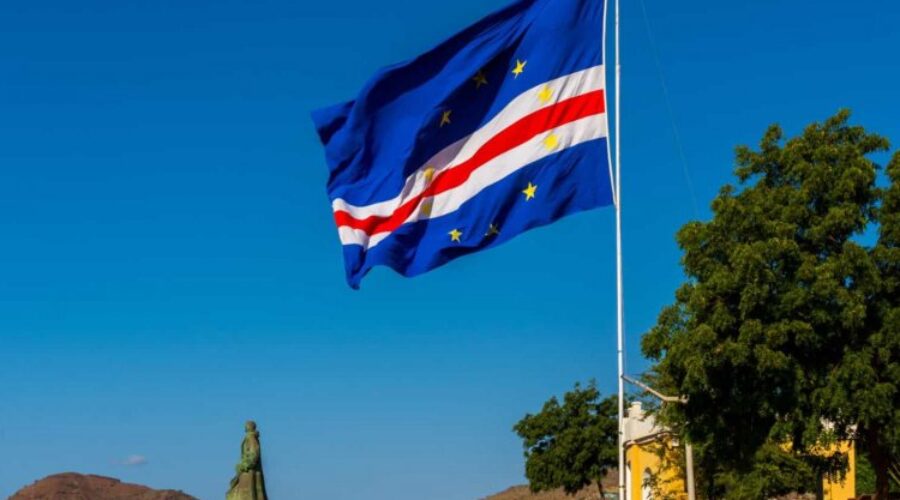World Bank points to “excessive dependence” on tourism and “public debt” as Cape Verde’s vulnerabilities
The economist for Cape Verde at the World Bank (WB) warned this Monday, October 10, in Mindelo, of the vulnerabilities of the Cape Verdean economy, citing as examples the “excessive dependence” on tourism and the public debt situation, which “remains high”.
Rosa Brito was speaking to the press at the launch of the Cabo Verde Economic Update’24 Report, a document in which the World Bank analyzes the current state of the Cape Verdean economy and presents policy options to accelerate fiscal consolidation, reduce debt vulnerabilities and boost growth.
“Basically what has contributed to this high debt is the high weight of companies in the state business sector in the budget, but this is something that the government has been working on and with the support of the World Bank we have been checking what can be done to reduce these vulnerabilities, and we are going to present here today some policy options for this,” he explained.
According to the same source, one of the policy options that can be adopted is better management and planning of the debts that are contracted and reducing dependence on state companies.
“There is a reform programme, as you know, underway, which will possibly help resolve this situation, and also the mobilization of more internal revenue, policies to mobilize internal revenue and this will reduce the country’s dependence on external borrowing,” he added.
For Rosa Brito, the World Bank suggests policies for revenue mobilization, better debt management and also gives some recommendations for diversifying the economy.
Hence, he explained, the introduction of the thematic chapter on the Blue Economy in the Cabo Verde Economic Update’24 Report, because it offers opportunities to diversify beyond the tourism sector, in this case aquaculture and improvements in the fishing sector.
According to the World Bank economist for Cape Verde, the Economic Report Update is a document that the World Bank prepares every day.
It states that in 2023 there was economic growth of 5.1 percent (%), which is a slowdown compared to 2022, when there was growth of 17.4 %.
“This is normal because we’re starting from a year in which growth was very good, so it’s the base effect, so to speak. But tourism continues to be the driving force behind the development of Cape Verde’s economy,” he said, pointing out that in 2023 the number of tourists to Cape Verde would exceed one million.
Source: Inforpress


